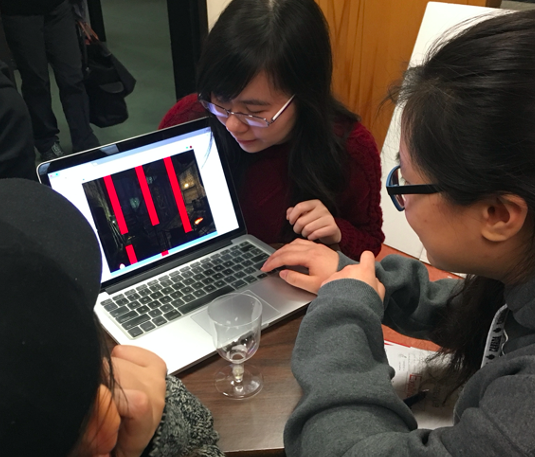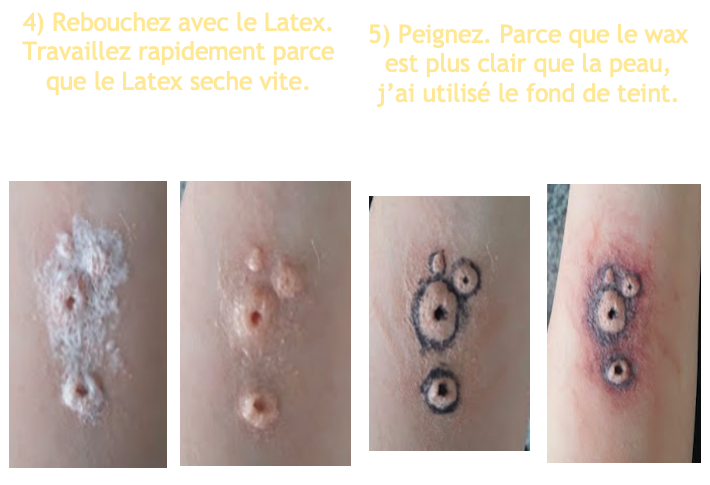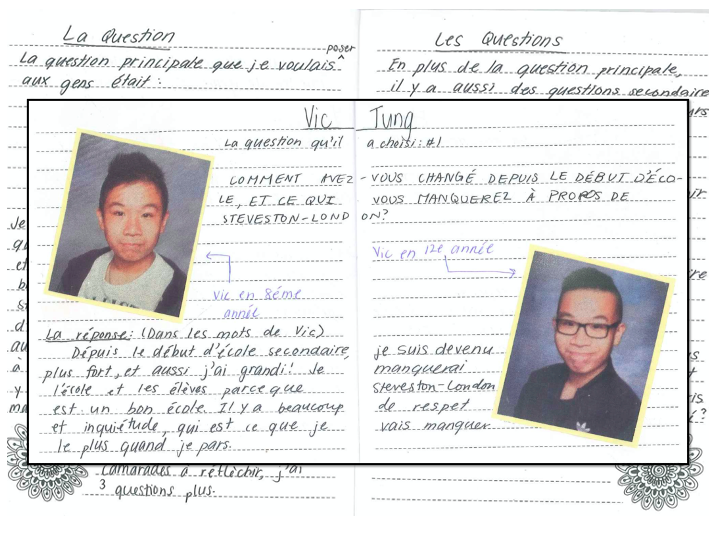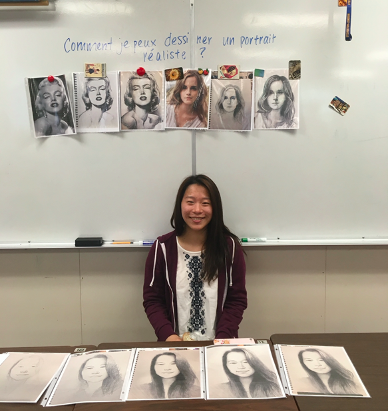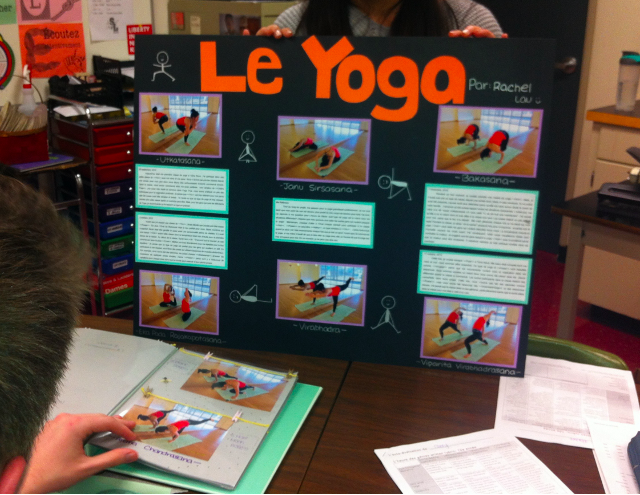Your language-teaching mission, should you choose to accept it, is to engage students in their L2 throughout the year by doing genius hour projects.
This is Part I of my two-part entry on using Genius Hour Projects! Part II can be found here, which explains my three-step process for doing these projects, along with all my rubrics and hand-outs.
What’s a genius hour project you ask? Well, this video does a pretty great job explaining it. Basically, it’s a project that lasts the entirety of a school year/semester and is (somewhat) self-directed. Students choose an inquiry question (and some teachers are stricter on the definition of an “inquiry question” than others) and spend the time allotted to answering the question. It’s ‘supposed’ to take 20% of class time, but I’d say what I did was more of a 10%.
I have students brain storm some things they would do if they had the time
Since my goal is language use, I’m pretty open to ANYTHING students want to do. The way I present it is: what is something you would want to spend your time on if you were given extra time in your day? So, I’ve had students teach themselves coding, learn ASL, design jewelry, make a comic book, and research the best type of pet habitat for a hamster and build one for their new pet!
Student planning her dorm for college
There’s always a research component to the project (or a science-fair aspect). So, one example of a project was a student wanted her family to eat together more often. Her goal was to cook a meal for the family to share once a month. First, she surveyed them on their likes and dislikes. Then, after each meal she elicited feedback (quality of the meal, improvement for next time). She also had “personal testimonials” from her parents and brother about the experience of doing these family meals together, took pictures, put them on a poster board, and then presented about her experience. Another student wanted to have the best dorm for when she went to college the next year. So she found pictures of the dorm she was going to, created all these vision boards of design features, got a budget, priced out what she was planning on buying, and presented on what her dorm would look like. Another student loved magic-realism books so she wrote a magic-realism short story! First, she researched what features made the genre, read books she liked (for me, I didn’t care what language she read it) and then wrote a story! I gave her an option: write the story itself in French OR write the story in English but reflect on the story-making process in French. Because she was a super-star, she did both!
Bakes sales for the children’s hospital
Some projects, because of their free-form nature, can be incredibly personal. One student wrote in a gratitude journal every day (in French) which she later shared. Another student wanted to start a school club for female gamers because she felt excluded from the current (all-male) school club. Her project was about reflecting on that journey (in French) though the club was an English-language club. Another student was currently in a (at that point, year-long) fight with our school board about an anti-bullying policy for LGBTQ+ students (he wanted one), and I gave him the option of reflecting on that process as his genius hour project. A group of two students (I eventually opened up the project for pairs to do bigger things together) used their two original ideas (becoming better at baking, volunteering at the children’s hospital) to fundraise for the hospital through bake sales.
Some projects don’t go so well. Students who imagined writing, producing and filming a short film end up just submitting a script that was never filmed. I’ve seen a half-finished tesla-coil and five-seconds of a stop-motion animation film that was supposed to be a minute (it made me think of this clip from Parks and Rec!). I’m very much a “it’s about the journey, not the destination” person, so I truly don’t care that your tesla coil failed, just that you wrote about the experience and are willing to talk about it with me and your peers in the target language.
Some more examples:




















